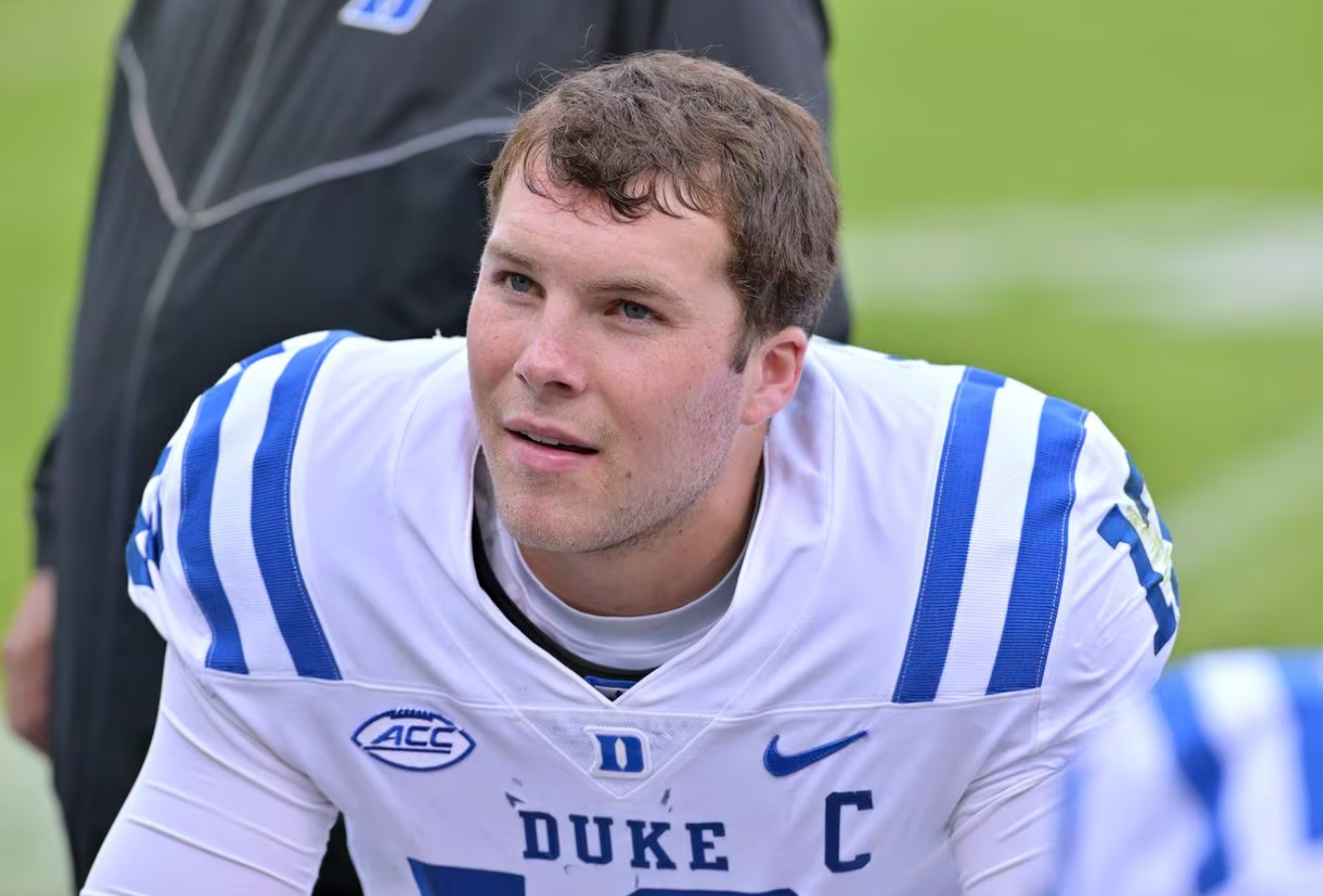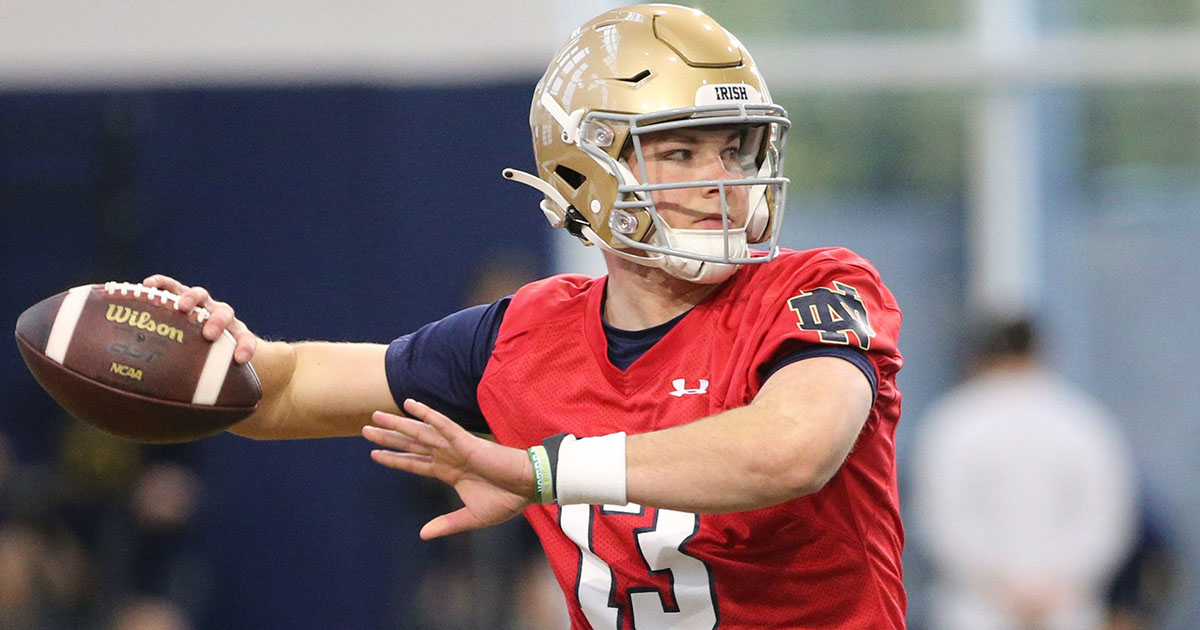
Notre Dame Quarterback Riley Leonard’s Unexpected Orange Bowl Departure: A Complex Examination
An Overview
Notre Dame’s thrilling Orange Bowl victory over South Carolina on December 30, 2022, was marred by an unexpected development: starting quarterback Riley Leonard’s halftime departure due to what was then described as a non-football medical issue.
This article delves into the complexities surrounding Leonard’s departure, exploring various perspectives, data points, and real-life examples to provide a comprehensive and critical analysis of the situation.
Circumstances of Leonard’s Departure
According to Notre Dame head coach Marcus Freeman, Leonard experienced “a non-football medical issue” during halftime. The nature of the issue was not disclosed, but Leonard did not return to the game.
Backup quarterback Drew Pyne replaced Leonard for the second half and led the Irish to a 45-38 victory. Pyne completed 16 of 23 passes for 237 yards and a touchdown, while Leonard had completed 12 of 18 passes for 188 yards and a touchdown before his departure.
Speculation and Controversy
Leonard’s departure sparked speculation and controversy among fans and media outlets alike.
Some speculated that Leonard may have suffered a concussion or other head injury, while others suggested that he may have experienced a panic attack or anxiety disorder. However, without official confirmation from Notre Dame, the exact nature of Leonard’s situation remained unknown.
Some fans and commentators criticized Notre Dame for not providing more information about Leonard’s condition, while others defended the school’s decision to protect Leonard’s privacy.
Importance of Mental Health in Sports
Leonard’s departure brought to light the importance of mental health in sports.
While physical injuries are often more visible and receive more attention, mental health issues can be just as debilitating for athletes.
Athletes at all levels, from youth sports to professional leagues, can experience a wide range of mental health challenges, including anxiety, depression, and eating disorders.
Leonard’s situation highlights the need for increased awareness and support for mental health in sports and the importance of creating a culture where athletes feel comfortable seeking help when needed.
Notre Dame’s Response
Following Leonard’s departure, Notre Dame issued a statement expressing support for the quarterback and stating that his health and well-being were the school’s top priority.
Notre Dame also announced that Leonard would not play in the team’s upcoming Fiesta Bowl against Oklahoma State.
Notre Dame’s response was generally praised for its sensitivity and for prioritizing Leonard’s well-being over football-related considerations.
Conclusion
Riley Leonard’s temporary departure from the Orange Bowl victory was a complex and multifaceted situation that raised important questions about mental health in sports and the balance between privacy and public disclosure.
While the exact nature of Leonard’s situation remains unknown, his departure serves as a reminder of the challenges that athletes can face and the importance of creating a supportive environment where athletes feel comfortable seeking help when needed.
As Notre Dame and the college football community move forward, it is hoped that Leonard’s situation will contribute to a broader conversation about mental health in sports and lead to increased awareness and support for athletes who face these challenges.

You may also like
-
This Is Us" Star's Real-Life Fire Tragedy Reflects Eerie On-Screen Loss
-
Presidential Convergence: 5 U.S. Leaders Unite To Bid Farewell To Jimmy Carter
-
A Presidential Message From Beyond The Grave: Navigating Political Differences In A Divided Nation
-
Inclement Weather Leads To Rescheduled Blazers-Mavs Tip-Off Time
-
Notre Dame's Leonard Returns In Second Half After Completing Protocol